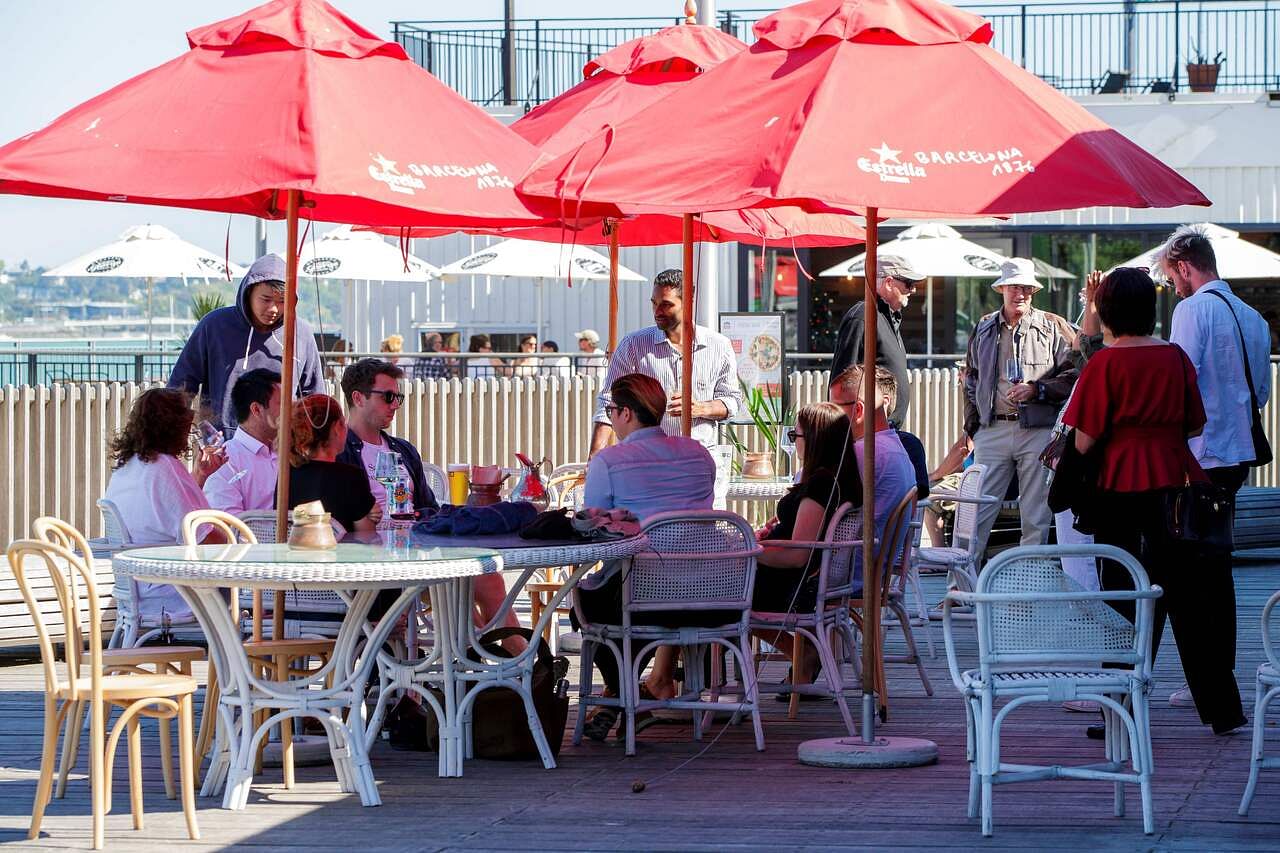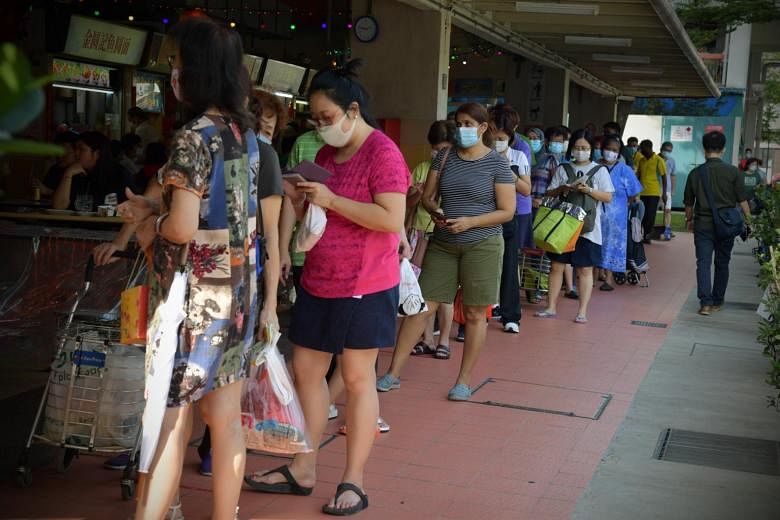SINGAPORE - Countries with greater social cohesion such as Singapore have performed far better in the Covid-19 pandemic, with only a fifth the number of infections seen in nations with high levels of "cultural looseness".
The difference in performance is more stark in terms of deaths per million population, as countries with cultural looseness had almost nine times the number of deaths.
These comparisons from an article in The Lancet Planetary Health journal, published on Jan 29, are based on data from 57 countries, from the start of the pandemic till Oct 16 last year.
The study team of primarily psychologists, with Professor Michele J. Gelfand from the Department of Psychology at the University of Maryland as the lead author, said that till now, it has not been possible to compare performance and results across cultures.
Psychologists have long believed that "tight groups coordinate much faster and have higher survival rates than loose groups".
The article said: "The Covid-19 pandemic provides a natural context to test whether differences in cultural tightness-looseness are related to collective outcomes during a global threat."
Countries that are culturally tight have populations that generally abide by many social norms, with expectations for how people should act in most situations.
Tight cultures tend to face natural disasters, disease prevalence, resource scarcity and invasions.
It said: "Tighter cultures such as China, Singapore, and South Korea have stricter rules and punishments for deviance, whereas looser cultures such as Brazil, Spain, and the US have weaker norms and are much more permissive.
"Tight cultures have a lot of order - that is, less crime and more coordination and self-control; loose cultures have less order and coordination, but have more openness - that is, more tolerance and creativity."
It found that more people in culturally tight societies feared Covid-19 - 70 per cent against 49 per cent in countries with looser cultures.
Based on performance and results from the pandemic, it said: "Tightening social norms might confer an evolutionary advantage in times of collective threat."
Associate Professor Alex Cook, vice-dean of research at the NUS Saw Swee Hock School of Public Health, found the piece interesting, as it "formalises what I, and I'm sure others, had thought of as a fundamental explanation of why countries like Singapore could keep the pandemic mostly under control while others like the US could not".
He added the research suggests that in countries with greater looseness, rules may have to be stricter to make up for the lower adherence.
But Prof Teo Yik Ying, dean of the school, disagreed with the conclusions drawn by the authors.
"I don't only see it as a matter of cultural looseness or tightness," he said. "It's too easy to say it's mostly cultural, and that Westernised societies are more liberal and democratic, and thus the poorer ability to get the community to act responsibly and for the greater good."
But how would that then account for the high level of success against Covid-19 in places like New Zealand and Australia, he asked.
"Culturally, they would be more similar to Western countries with a more democratic outlook," he said, but they have "performed extremely well in managing the outbreaks".

Answering his own question, Prof Teo postulated: "Their leaders were willing to make the difficult decisions to implement and enforce strict social and border control measures, and to mete out the necessary punishments when people and businesses are caught flouting the rules."
Prof Cook agreed: "Cultural closeness in itself is not sufficient. There needs also to be proper leadership, which unfortunately has been missing in places like the US, UK and Brazil."
The authors of the article do acknowledge that cultural tightness is but one factor.
They said: "Other factors, such as political leaders' personal beliefs about the seriousness of Covid-19, the nature and extent of political polarisation, and the quality of governments' communications about the virus" are also important.
Prof Teo concluded: "Trying to frame the narrative around culture is too easy, and masks the overall picture that culture is one element amidst many other factors."


